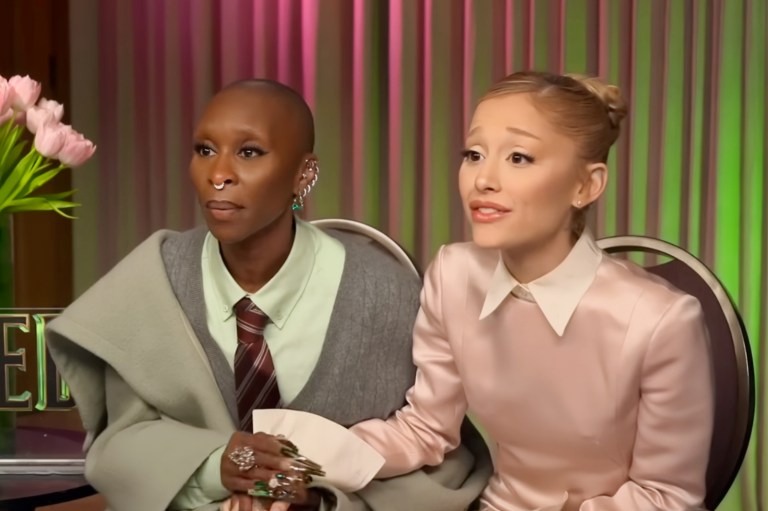
The Worst Thing You Can Say To Someone Who Loves You
It is humiliation, self-loathing, and endless questioning over why, exactly, you weren't good enough.
“I don’t know what she wants me to say to her. I know that she has a lot of feelings for me, and I really like her, but I just don’t want anything serious like that. And I can’t just tell her no.”
A friend of mine wondered to me how to deal with his long-term kind-of girlfriend who had clearly fallen in love with him while he had remained quite content in benign indifference. He asked me what I thought he should do — she was talking about things like moving in, going on vacations together, and planning for the future. He hadn’t looked past the end of this week, especially not with her. I told him that he had to be honest with her, to rip off the band-aid while he still had the chance, and break her heart acutely to save it rotting over the next several months.
He told her that he loved her one night, cornered at a house party when she’d had just enough to drink to push her into a kind of honesty which she had been dancing around for the past four months. She had pushed him against a wall and, liquor on her breath, told him that she loved him. How could he not respond in kind? What kind of immediate risk would that provide for him? Not going home with a warm body who cared for him that night?
Months later, when he left her for a girl for whom he actually felt something serious and engaging, she barely recovered.
I remember being told “I love you” out of pity. I remember making my feelings so apparent, even in the face of lukewarm response, that the only reasonable thing to say was “I feel the same way.” It’s the most strange feeling — like taking a big drink of what you thought was full-sugar soda, only to find it full of aspartame. It’s metallic and bitter in your mouth, and only makes you feel more isolated, even as your head is against someone’s chest.
Because it’s only a temporary respite. Whether someone says “I love you, too” out of a cruel desire to extract more physical affection from you, or simply because you have become a comfortable familiarity for which they have no better options at the moment, it only offers something momentary. It only offers the feeling of running off the cliff in the cartoon and hovering just a few seconds above the drop, holding up that sign that says “Yikes!” as you look down at all of the falling you have to do.
And when you realize that they were insincere, that they never felt the same way as you did, that the kinds of futures you were allowing yourself to grow and tend to like a garden were completely unreciprocated, the pain is so much greater. It is humiliation, self-loathing, and endless questioning over why, exactly, you weren’t good enough. To have someone in your hands for a few precious months, only to feel them slip through your fingers the second it becomes inconvenient, makes you want to cut them off at the wrists. Whatever they were, they weren’t good enough to hold on.
After having her heart broken the way she did, my friend took a long, long time before getting into another relationship. And from that time on, she became one of the many women who is convinced that saying “I love you” first is a risk that is simply too great to take in any relationship that you actually care about. She had become hardened, a bit deadened to the words that used to mean so much to her. And when I asked her, over several glasses of wine one night, if she still missed him, she told me that she didn’t.
“I thought that I missed him for a really, really long time. But then I realized that, to miss something, you had to actually have it. And I never had him. Not like I thought I did.” ![]()











